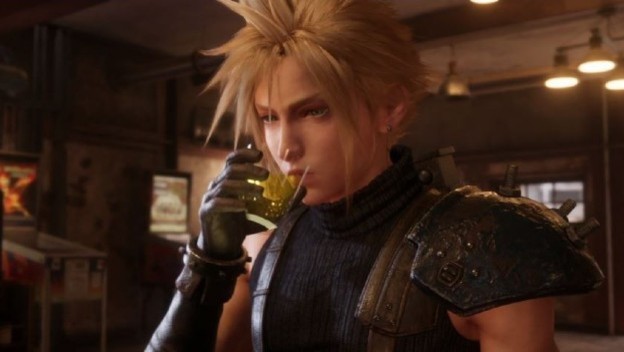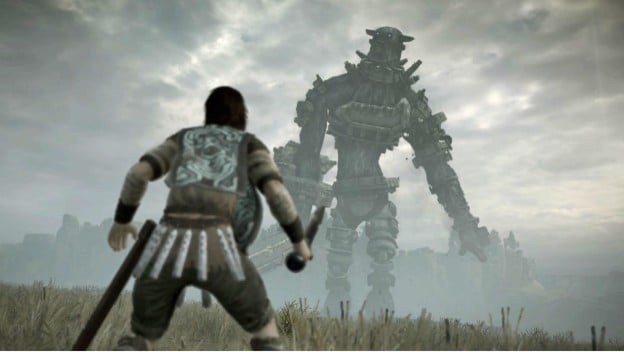The past couple of years were full of video game remakes and remasters. We’ve enjoyed quite a few of them and raised our eyebrows at others. When they’re great they’re great, such as Bluepoint’s Shadow of the Colossus , or Activision’s Crash and Spyro joints. Then there’s stuff like Medievil , which is a cool idea on paper, but landed like a stick in a pile of snow. But regardless of individual quality, I have a bit of a problem with video game remakes specifically. This problem is unique to video game remakes and thankfully doesn’t really apply to other media like movies or tv shows. Because of how we access games and how light preservation efforts are, game remakes often cut us off from the originals.
As much as we harp on about whether or not video games are art to this day, as gamers we often still find ourselves evaluating the latest releases like products. A video game isn’t a vacuum cleaner, yet we talk about games using words like “features,” “objectively,” and about how aspects of them need to be “fixed.” And when a remake happens, coverage often includes similar language, adding on concepts like “improvements” or “additions.” To me, this compromises how we look at games as art, although in some cases I do understand these concerns (and participate!)
My problem, my extremely specific problem, runs a little deeper than that. See, when a movie gets a remake, which happens all the time, it doesn’t replace the original. Thanks to the marvels of home video, you can easily revisit any movie you want at any time. There are exceptions due to small print runs or whatever, but generally speaking if you want to watch a film that has been remade once or twice, the original is just as accessible. This is not the case with video games. If a game is remade, the conversation often has hints of replacement narrative, of the original game becoming obsolete due to visual fidelity, more fiddly controls, or something else the remake “improves” upon.
And thanks to hardware limitations, the original games aren’t always easy to get a hold of. Games are often locked to their original platform of release, with scattered options like backwards compatibility or some sort of digital re-release available for specific titles. The PSOne Classics line, which seems to have been phased out with the PS4, was a great example of this, with Nintendo’s Virtual Console being almost as great. But either service only covered a small fraction of games, and many others are lost to old hardware or ports that are different or compromised. Speaking of Nintendo, you can look at many Game Boy Advance ports of classic games like Final Fantasy VI or Yoshi’s Island for prime examples of weird tinkering or quality issues.

I have a much more positive outlook on “remaster” projects. Sometimes they have their quirks, such as Kingdom Hearts needing to be rebuilt from scratch due to lost source code, but ultimately they’re as close to the original as possible with most changes being supplemental. Resolution bumps from 4:3 to widescreen may change what games look like in some ways, but are a far cry from significant changes like art direction, voice acting, scripting, direction, so on and so forth. And for some games like The Last of Us for example, it’s simply a method to make sure a game is still playable over hardware shifts, with the only real change being performance upgrades and maybe a new feature or two meant to incentivize revisiting (usually external additions such as a camera mode).
I’m not against remakes. In fact, there are some that I really love, such as Ducktales Remastered or Super Mario All-Stars . And after playing the Final Fantasy VII Remake demo I’m pretty sure I’m all about that business. But that doesn’t mean there’s an issue involved with these remakes, that isn’t even really anyone’s fault. Technology inherently includes some measure of gatekeeping, and trying to find ways around that is a real challenge in any field. There are efforts to help preserve games, and emulation is always an option as well (sometimes the only option). This is largely a food for thought sort of observation, a chance to point out a flaw in our favorite medium that threatens history and credit. Remakes don’t replace or improve upon original works; they are different takes, which are great, but I fear we aren’t doing enough with the discourse to handle that distinction effectively.
